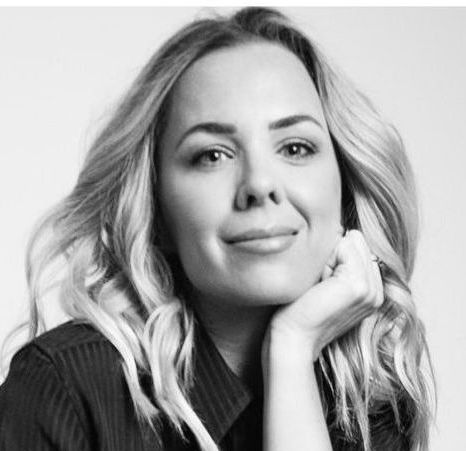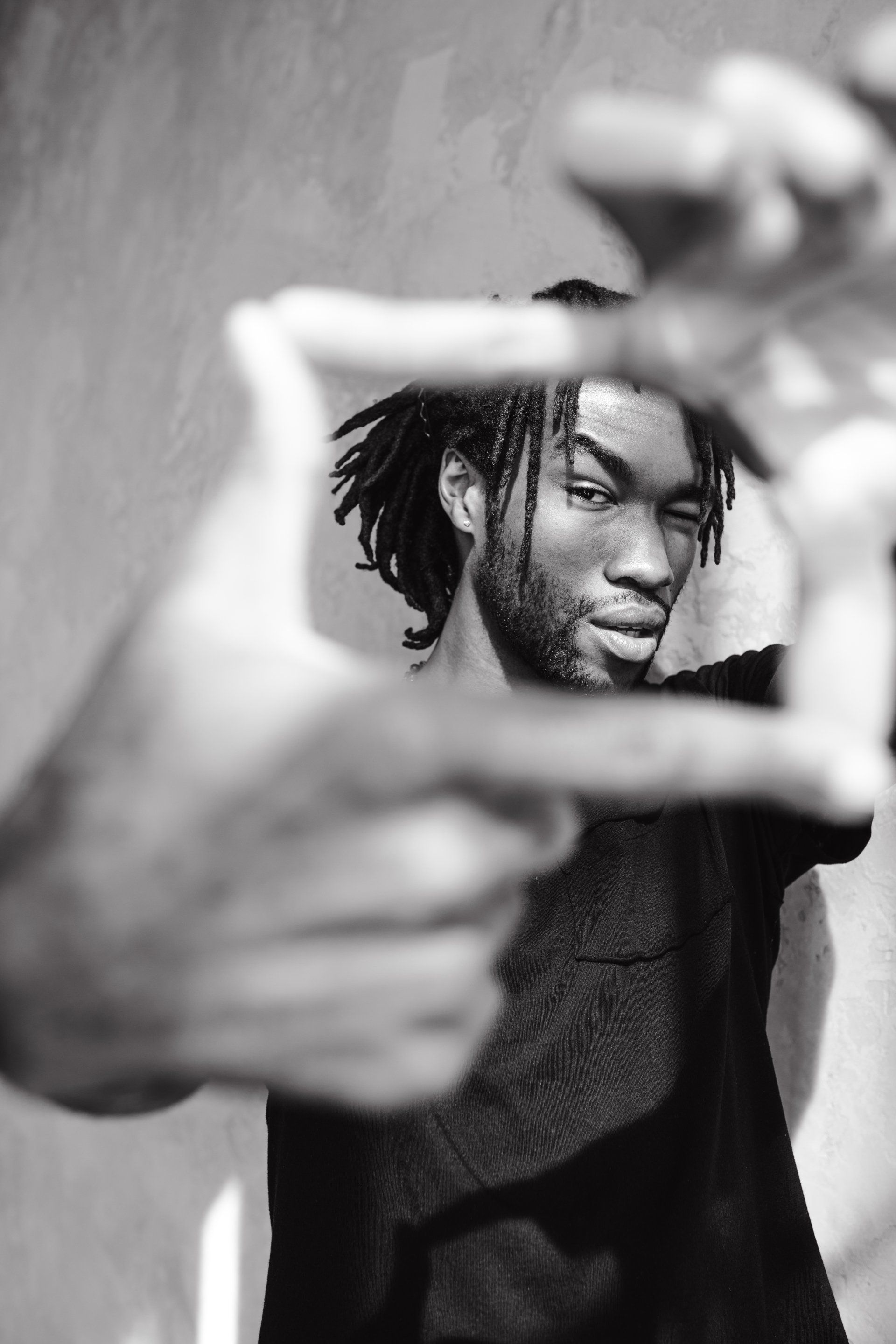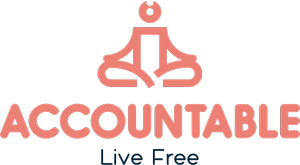Shannon's Journey to Recovery: Overcoming Addiction and Empowering Others
Hello, my name is Shannon Schwoeble, and I am an Accountable Recovery Specialist living near Akron, Ohio. My journey began in western Pennsylvania, where I had a typical childhood until relocating to Harrisburg, PA, at 14. As an average student, I engaged in field hockey, track, and participated in my school's arts magnet program and orchestra. Despite a bustling social life, I always felt like an outsider, never quite fitting in with friends or family.
In high school, I experimented with pot and alcohol, but it wasn't until college that I started experiencing binges and blackouts. I returned home after a year to attend community college and work. Throughout my 20s and 30s, I grappled with feelings of alienation, finding solace in alcohol, which began as functional alcoholism but didn't remain so.
A pivotal moment came in 2003. While in nursing school and raising a toddler, I developed a severe infection from a kidney stone, leading to my first experience with IV narcotic pain medication and pain pills. I began using them excessively, along with alcohol. Working night shifts in the emergency room, I had access to narcotics, which I managed to conceal for about 4.5 years.
A year and a half into my addiction, my mother confronted me. I convinced her to let me enter Intensive Outpatient Program (IOP) while continuing to work. Despite "graduating" the program, I continued using for nearly two more years.
In March 2011, my life unraveled. After a pharmacy audit, I was suspended from work, leading me to a crossroads. It was then I recalled a young man from my IOP, who incessantly spoke about his inpatient treatment. His words guided me to call my Employee Assistance Program (EAP) and choose the same treatment center he had mentioned.
On March 22nd, 2011, I entered inpatient treatment, staying for 56 days, followed by a move to a women's sober living house in Lorain, Ohio. I completed my IOP and returned home in July 2011. With dedication, I completed a treatment in lieu of conviction program, having my record expunged and sealed.
In 2016, I discovered recovery coaching, recognizing its value during early recovery stages. I obtained my recovery coach certification, later working with medication-assisted treatment providers. I firmly believe in "recovering out loud," using my story to inspire hope in others.
As a mother of a 22-year-old son, also in recovery, and a 10-year-old daughter who has never seen me in active addiction, I am immensely proud. Despite life's challenges, I know I can manage anything with the tools I've acquired and the support of my recovery community. While I don't dwell in the past, I use my experiences, especially those leading up to treatment, as stark reminders of a life I never wish to return to. My mission now is to share my story and help others find hope and recovery through Accountable.




hello@youareaccountable.com
(646) 450-7641